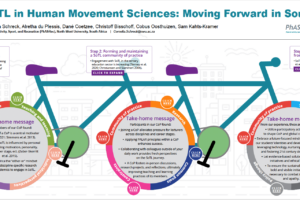
Adjusting Class Policies Amid a Pandemic: How Lessons Learned During COVID-19 Can Help Faculty Prepare for Other Institution-Wide Crises
By Ellen M. Whitehead
Amidst the many challenges to higher education wrought by the COVID-19 pandemic, I began to wrestle with one question in particular: How lenient should I be with my students in terms of deadlines and other class expectations during this time? After speaking with colleagues and observing the many discussions (and debates) that emerged online, I began to realize the range of approaches around this topic. While many instructors had policies around late submissions and attendance in place prior to the pandemic, these had mostly been formed with individual-level emergencies in mind—for example, a student falling ill or their car breaking down. As entire universities shifted online and both students and faculty navigated the effects of the pandemic, I suspected that the broader impact of an institutional-level crisis had prompted the need for a new set of policies.
To explore this question, my collaborators and I conducted and analyzed 43 interviews with college instructors from a range of disciplines and institutions. Our results revealed that nearly all faculty felt compelled to introduce more flexible policies due to the pandemic. However, instructors varied in terms of how much flexibility they incorporated into their courses and the types of changes they made. When asked how they felt about the implemented changes, instructors who balanced flexibility with structure reported being the most satisfied with how their policies helped students navigate the semester. In contrast, many instructors reported that too much leniency had hindered their students’ ability to achieve their course learning objectives. Our findings suggest that incorporating structure and flexibility in course policies—for example, dropping a predetermined number of quizzes or allowing a set number of excused absences —can be beneficial for both students and instructors in preparing for the possibility of other institution-wide disruptions.
Read the TLI article here.




